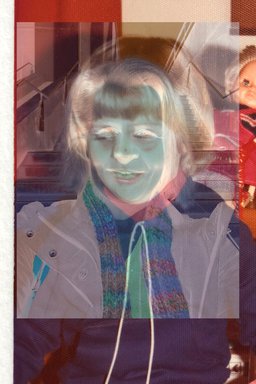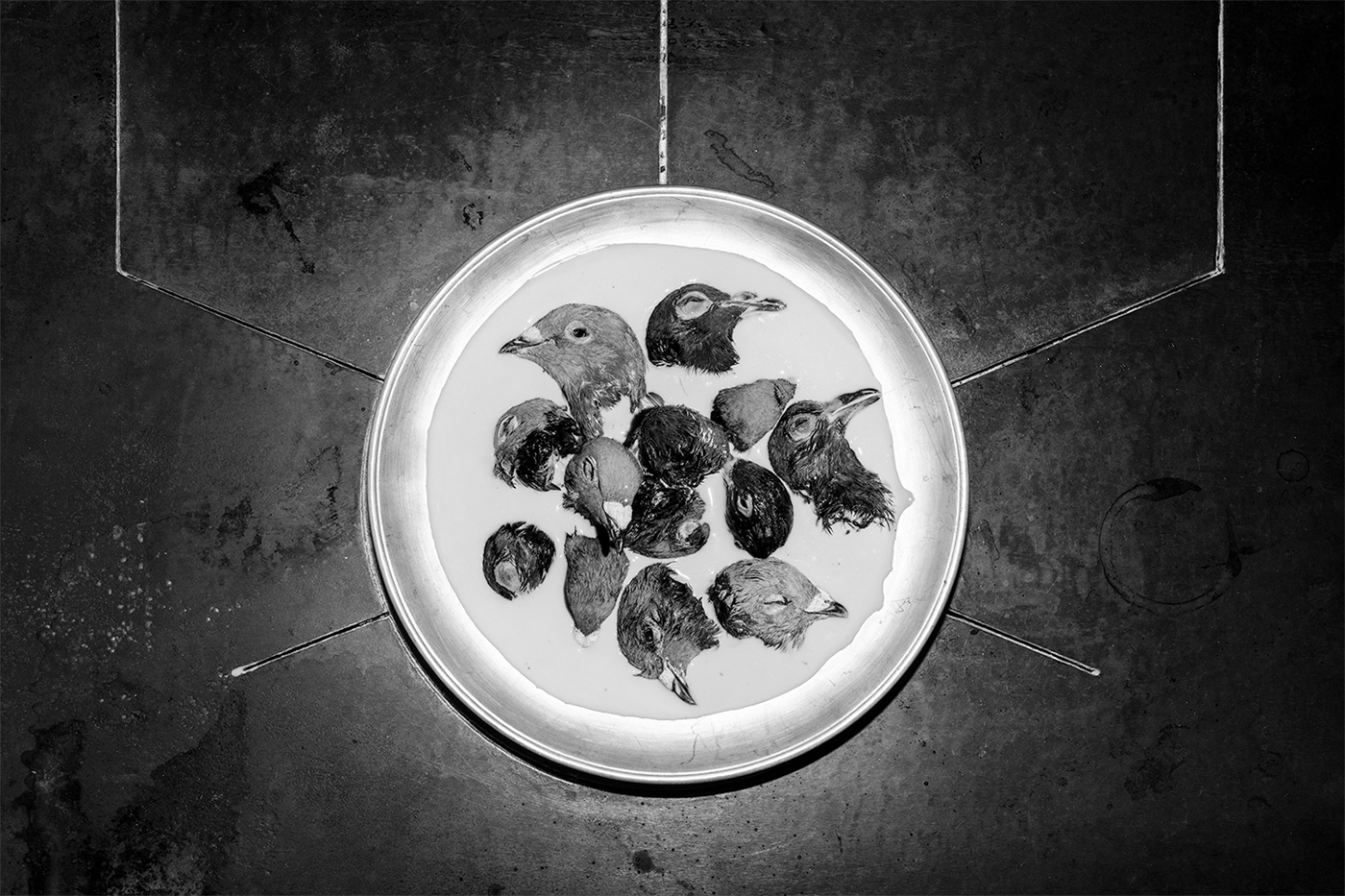Katrin Jaquet | neg
Katrin Jaquet | neg
Jury member Ruth Stoltenberg about the work: 'After the death of her mother, Katrin Jaquet is given several albums and boxes of family pictures from 5 generations. A few years later, she unpacks these pictures and processes them in a wonderful photographic work, the series 'neg'. When looking at them, the many pictures with all the happy people who were photographed there in beautiful moments did not seem honest enough to her. She was missing the dark sides of life, the negative, and she went into a very creative process. She digitally converted photographs into negatives, superimposed positive and negative images in a double sense, layered people and faces and generations on top of each other until coherent images emerged - coherent from a psychological, but also an aesthetic point of view. Images that evoke familiarity and alienation at the same time, that are touching and exciting.' Katrin Jaquet about her work: 'In my work I deal with the medium of photography and its modes of operation. I am interested in how technical and psychological aspects of photography intertwine. The series "neg" is about family history. Starting from a very personal approach, I deal with general questions. After the death of my mother some years ago I took over all family photos. Chronologically ordered albums, but also boxes full of unsorted pictures from five generations. Most photos convey the image of an intact family - a positive image. And just like there is no dispute visible in the pictures, the negatives are missing in the archive. I am interested in the idea of the negative as a potential - technically, aesthetically, and psychologically. So I digitally produce the negatives and superimpose them with positives, using similar motifs from different generations. I look for the point where positive and negative become something new, which corresponds to my inner image and at the same time goes beyond my individual experience. In the end, the pictures now seem to me more like x-rays of an average West German middle class family, in which behind the superficially happy façade tensions and uncertainties arise. And even if I wanted to put it aside at first, it seems that traces of the Nazi period are visible. Hardly in the form of uniforms or badges, but still in postures, facial expressions and moods." Short bio: Born in Rendsburg in 1971. 1991 -98 studied art and romance languages in Kiel and Paris with Renate Anger, Hubertus von Amelunxen, Alain Bonfand and Jean-François Chevrier. 1998 NordWestLotto Art Prize, 1999/2000 Scholarship Künstlerhaus Lauenburg, since 2000 in Berlin
Format:
Photo / Video









